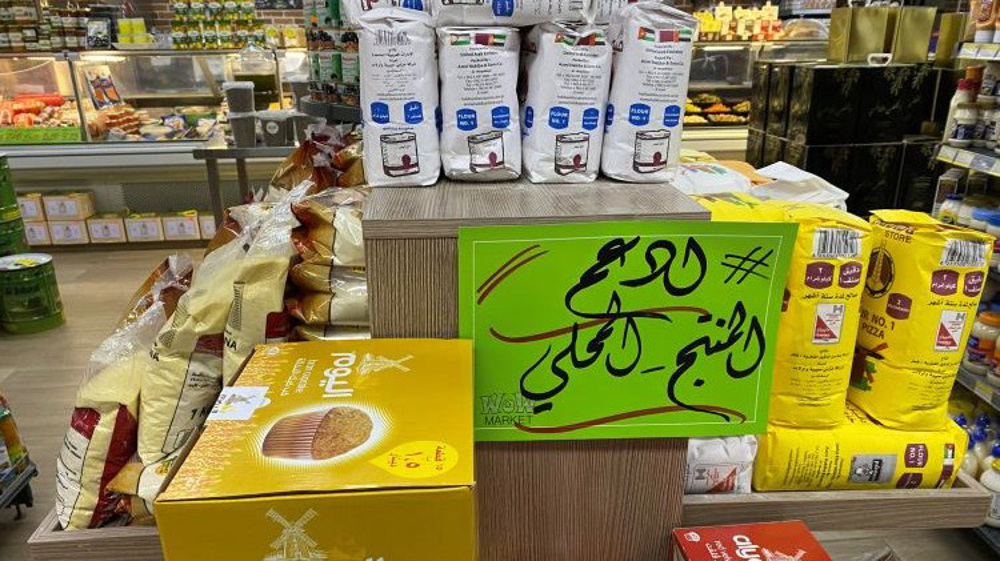Two-thirds of EU members seek to keep GM crops out
Nineteen of the 28 member states of the European Union (EU) have applied to keep genetically modified (GM) crops out of all or part of their territory
The announcement was made by the EU Commission on Sunday, which was the deadline for opting out of a new European legislation on GM crops, AFP reported.
The EU nations had been given until October 3 to opt out of the legislation, which would provide them with an opportunity to ban even those GM crops, which had been already authorized by EU as safe for cultivation.
The EU Commission’s report added that Denmark, Luxembourg, Malta and Slovenia have made last-minute applications for such a ban.
By doing so, they have practically joined Austria, Bulgaria, Croatia, Cyprus, Greece, Hungary, Italy, Latvia, Lithuania, the Netherlands and Poland in seeking to keep the genetically modified crops out of their fields.
Britain is also seeking a ban for Scotland, Wales and Northern Ireland, leaving only England to willingly allow GM crop cultivation.
Belgium, for its part, has decided to keep its French-speaking Wallonia region GMO-free.
The countries’ demands must be then relayed to such big agricultural multinationals as Monsanto and Dow.
The agro companies will have the right to oppose such calls for banning these GM products from individual member states. If they do so, then member states can still resort to "substantial grounds," such as specific environmental or agricultural issues, to seek a ban.
The legislation also allows member states to ban GMOs on the basis of environmental considerations, even if the crop has already been cleared on health and safety grounds at the EU level.
Monstanto's MON 810 GM maize is so far the sole GM crop cultivated in the European Union.
The product's genetic modification aims to protect it against a harmful pest known as the European corn borer. MON 810 is currently cultivated in few member states, mainly in Spain and Portugal.
Hamas open to any proposal aiming to end Gaza war: Hamdan
Role of private sector in Iran’s thriving space industry
Four Palestinians killed in Israeli strikes on West Bank
Iran warns of ‘calculated, precise’ response to Israeli aggression
After year-long genocide, Israeli military hires private firms to flatten buildings in Gaza
Malaysia working on resolution to expel Israel from United Nations
Israeli military made no territorial gain in Lebanon: Report
VIDEO | 70 Palestinians killed in Israeli strikes across Gaza Strip










 This makes it easy to access the Press TV website
This makes it easy to access the Press TV website